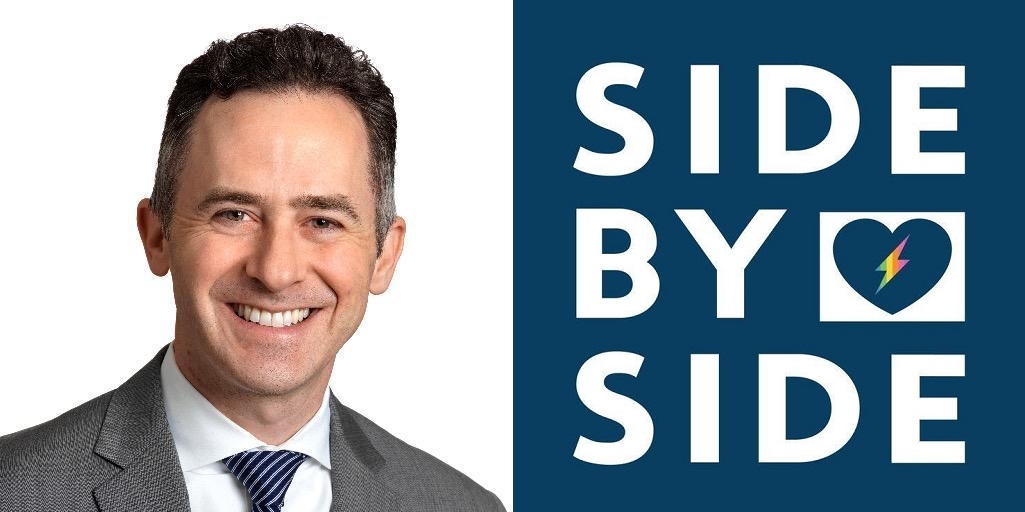As part of Richmond Public Schools’ effort to make schools a more inclusive space for the LGBTQ community, starting this fall, it will have an option for students to display their chosen name on virtual platforms. Richmond Public Schools has introduced the option for...




